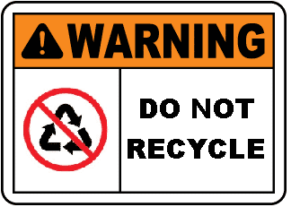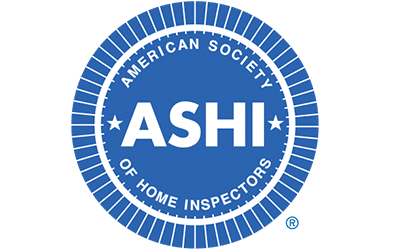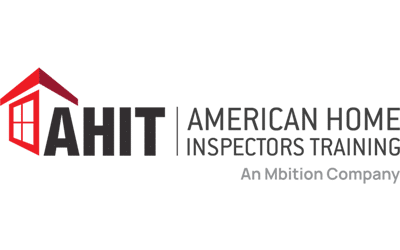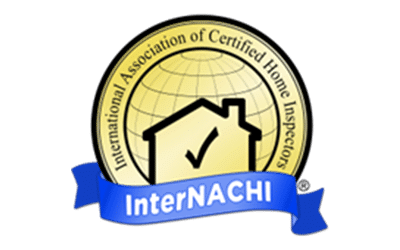Dead Deals and Recycled Reports
Everyone knows that at the end of a home inspection, a report is generated that outlines the findings of the home inspector is generated. But did you know that this is not intended to be a “hit list” of negatives? Home inspectors do what we do in order to objectively describe the home. This is not the place for emotion, but rather a simple stating of the facts. Homes do not ‘pass or fail’ inspections; the purpose of the report is merely to describe each home’s strengths or weaknesses.
Inspections are also not intended to favor the buyer, nor the seller. In fact, the greatest flattery an inspector can receive is for the seller of a recently inspected home to call the same inspector to inspect their next home. This action tells everyone that the inspector discovered every defect known to the seller, and then discussed and documented those defects in a fair and objective manner. Furthermore, any unknowns discovered were likewise handled with objective fairness. This outcome should be the inspector’s goal for every inspection.
 Sometimes situations do arise where the person who contracted the home inspection chooses not to – or is unable to – complete the transaction. When a new buyer is found, it is a common thought to use the previous report as a decision tool for this new buyer.
Sometimes situations do arise where the person who contracted the home inspection chooses not to – or is unable to – complete the transaction. When a new buyer is found, it is a common thought to use the previous report as a decision tool for this new buyer.
⊗ This is an extremely dangerous practice! ⊗
This is among the prime reasons that nearly all inspectors stipulate in their inspection agreement that the home inspection is considered a confidential communication between buyer and inspector. Why do inspectors feel so strongly about this particular piece of the issue? Primarily because…
The written inspection document is not the complete home inspection experience!
What? How can this be?… Because, the written document only SUPPORTS the observations and dialogs exchanged by all parties at the inspection. While it is certainly correct that all that is written in the report and all that is said at the inspection should be consistent, the total understanding by the buyer of the inspection comes from blending the observed with the spoken and with the written.
A new buyer viewing only the written portion of the inspection is missing much in the understanding, perspective, and context of the total inspection experience. This is a high-risk practice and should always be avoided.
OLD REPORTS FOR NEW BUYERS
In some cases, however, the original buyer (being the kind and decent souls that they are) will sometimes give the now ‘useless’ report to the real estate agent, who now has another party interested in the home. Often times, the original buyer of the home inspection report does not know of the report hand-off.

YIKES! …No one told the new buyer about confidentiality, or about completeness of the inspection report AND the corresponding inspection experience. But, even more importantly, no one told the new buyer that there is another key reason not to engage in such a practice – things change!

Things do happen to homes, and sometimes those things occur in the period between home inspection and closing. Should the roof now leak, or the air-conditioning now not cool, this would be an unknown to the buyer. Whether or not the seller knows is a whole other issue…
Next among the problems for the new buyer in seeking relief from the original inspector is that the new buyer is not the customer with whom the inspector had the complete inspection experience and confidential agreement. Nope, there is no relief forthcoming from the inspector in this situation.
ADVICE FOR AGENTS
So now, where does the harmed (and getting hotter all the time) homeowner go for relief? …To the agent, of course! That seems rotten and unreasonable; the agent did their buyer a favor! But, it is usually the real estate agent who improperly provided the previous inspection report. Worse yet – in many cases, it turns out that the complete written report was not provided; only the report summary. This always goes badly for the agent!
Not only is the homeowner mad at the agent, but the potential exists for the original buyer to discover that their inspection report has been shared with a new buyer. If there was no permission to do this, that original buyer is typically very upset with the agent. This original buyer paid for the report and now feels betrayed by the agent. More bad news for the agent!
In the situation where the agent is still working with the original buyer for a different home than inspected, we have seen the buyer so upset with the agent that they have terminated that relationship. Strangely enough, they stayed with the same home inspector. Relationships in real estate are about trust, and giving away someone’s report is a great way to lose that trust.
So now, the agent has on one hand an aggravated homeowner that wants to be compensated, and on the other hand has just lost a potential buyer. That looks like money going out and nothing coming in! This is not a good business situation. Ultimately, sharing home inspection reports with multiple customers is not a good business practice.




